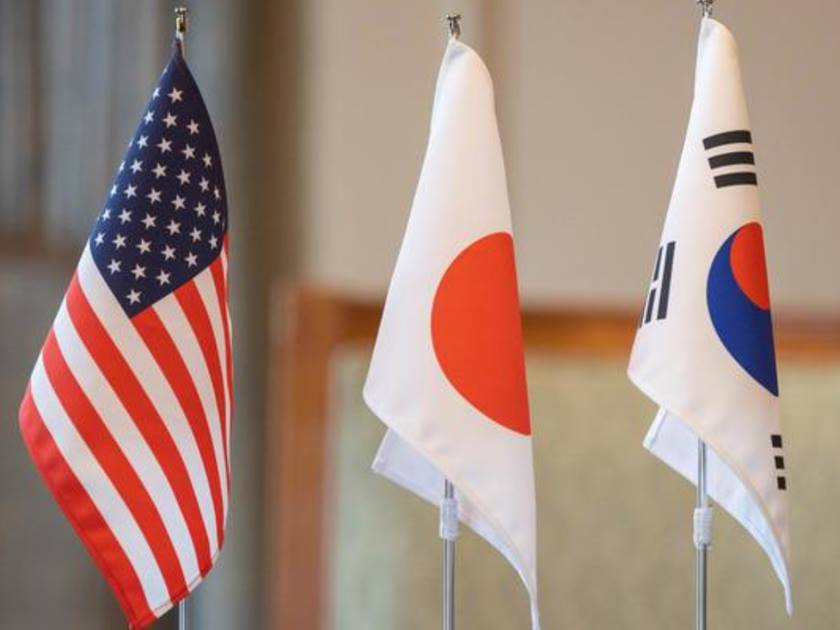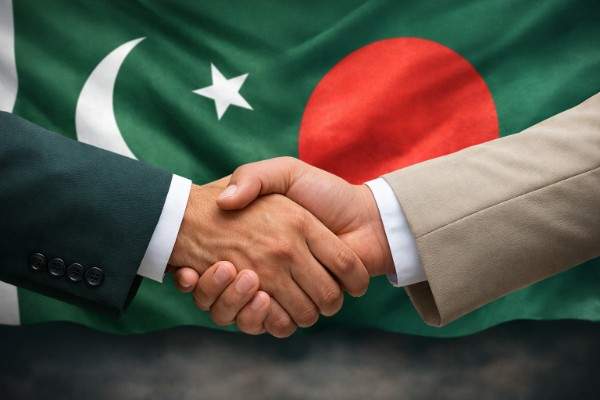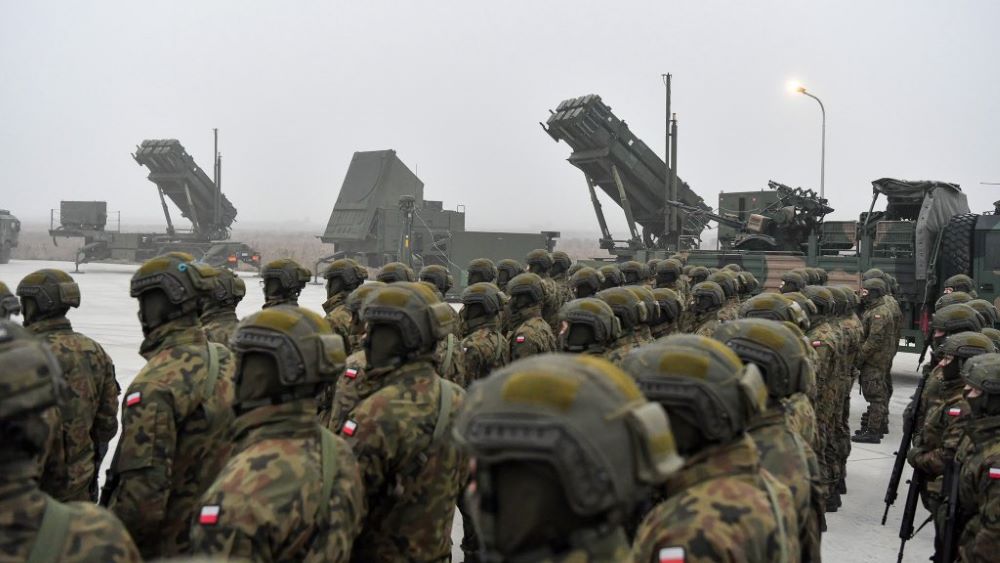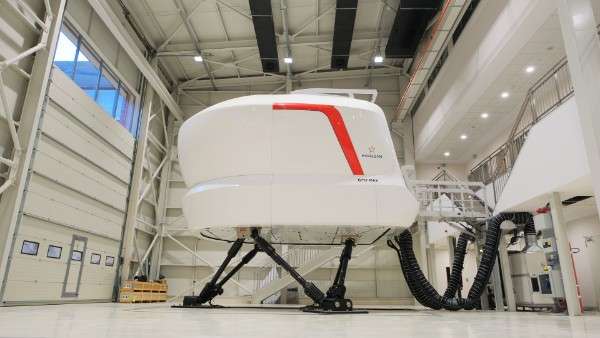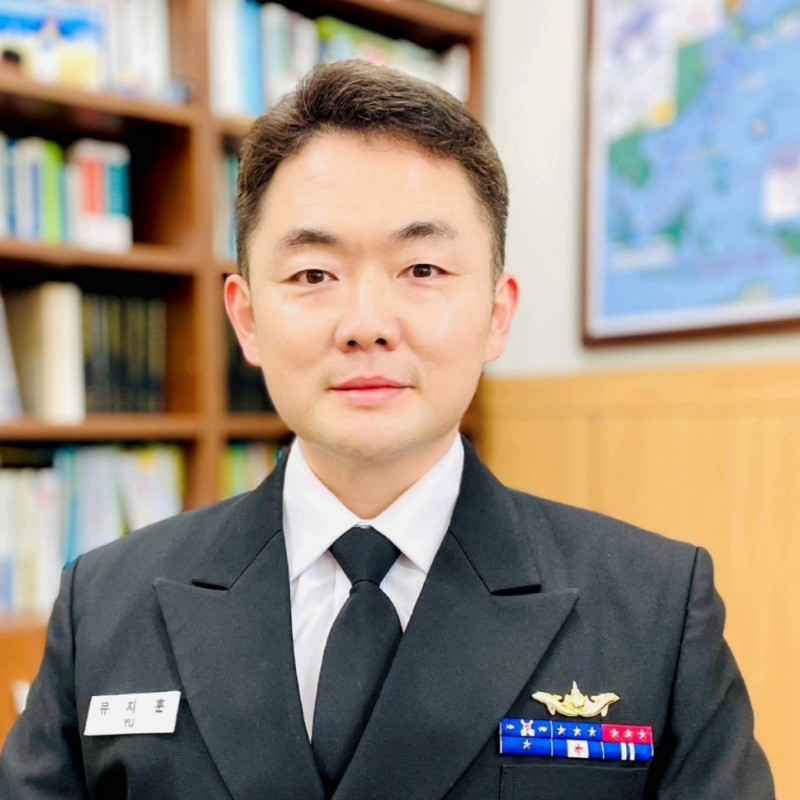The reelection of Donald Trump as President of the United States marks a significant turning point for global security dynamics. During his first term, Trump’s “America First” foreign policy and transactional approach to alliances challenged the traditional framework of U.S.-led security commitments. Now, as Trump returns to the White House, the need for a robust and unified trilateral security relationship between South Korea, the United States, and Japan has become even more critical. With rising authoritarian challenges from North Korea and China in East Asia, coupled with the lessons learned from the Russia-Ukraine war, this trilateral cooperation serves as a cornerstone for maintaining regional stability and upholding the liberal international order.
The Russia-Ukraine war provides a vivid example of the dangers posed by authoritarian aggression when left unchecked. Russia’s invasion of Ukraine not only challenged the sovereignty of an independent state but also tested the resilience of alliances among liberal democracies. In East Asia, a similar authoritarian threat looms in the form of North Korea’s escalating nuclear ambitions and China’s increasingly assertive regional policies. For South Korea and Japan, the proximity of these threats necessitates a coordinated response, while the U.S. remains indispensable as a strategic partner in deterring aggression. Together, the three nations must deepen their cooperation to counter these challenges, reinforcing the importance of unity in the face of authoritarianism.
Trilateral cooperation plays a pivotal role in addressing North Korea’s nuclear program, which remains one of the most immediate threats to regional stability. Pyongyang’s ongoing missile tests and provocations, often timed to exploit global distractions, demand a unified response. Intelligence sharing, such as that facilitated by the 2016 General Security of Military Information Agreement (GSOMIA) between South Korea and Japan, is essential for timely and effective countermeasures. Additionally, joint military drills and missile defense integration among the three nations enhance their readiness to respond to North Korea’s actions. Under Trump’s leadership, ensuring the continuity and strengthening of these measures will be critical as Pyongyang seeks to further develop its weapons capabilities.
China’s growing influence poses a longer-term challenge that further underscores the importance of trilateral cooperation. Beijing’s militarization of the South China Sea, economic coercion of neighboring states, and increasing pressure on Taiwan all reflect its ambitions to reshape the regional and global order. For South Korea and Japan, balancing their economic ties with China against their security concerns is a delicate but essential task. Trilateral efforts with the U.S. offer a strategic counterbalance to China’s actions, whether through joint naval operations, the promotion of free and open navigation, or economic policies aimed at reducing dependency on Chinese supply chains.
However, this trilateral cooperation faces several challenges that must be addressed to ensure its effectiveness. One persistent issue is the historical and political tension between South Korea and Japan, rooted in unresolved disputes over wartime history and territorial claims. These tensions periodically disrupt bilateral relations, as seen during South Korea’s 2019 threat to withdraw from GSOMIA amid political disputes with Japan. To maintain the strength of the trilateral framework, the U.S. must take an active role in mediating these disputes and fostering mutual trust between its two key allies. Institutionalizing mechanisms for dialogue and collaboration will help depoliticize security cooperation and focus on shared strategic interests.
Another challenge lies in Trump’s approach to alliances. During his first term, his demands for increased financial contributions from allies strained relations with South Korea and Japan, raising doubts about the reliability of U.S. commitments. If Trump continues this transactional approach in his second term, it risks alienating key partners and undermining the cohesion of trilateral efforts. To ensure the durability of this cooperation, Trump’s administration must prioritize long-term strategic objectives over short-term financial negotiations, reinforcing the shared benefits of collective security.
Read More: The Trump Presidency Returns: Redefining the ROK-US Alliance
Despite these challenges, the trilateral cooperation between South Korea, the U.S., and Japan is indispensable for addressing the shifting balance of power in East Asia. Beyond countering North Korea and China, this partnership also strengthens the global rules-based order, demonstrating the capacity of liberal democracies to stand united against authoritarianism. Aligning trilateral efforts with broader coalitions, such as NATO or the Quad, can amplify their impact, creating a more integrated and resilient international response to authoritarian threats.
In conclusion, Trump’s reelection brings both opportunities and challenges for trilateral cooperation between South Korea, the United States, and Japan. This partnership remains a cornerstone of security in East Asia, addressing immediate threats from North Korea and longer-term challenges posed by China. By overcoming internal divisions and aligning strategic priorities, these three nations can strengthen their cooperation, ensuring peace and stability in an increasingly polarized world. The lessons of the Russia-Ukraine war make clear that unity among liberal democracies is not just desirable—it is essential for countering authoritarian aggression and preserving the international order.
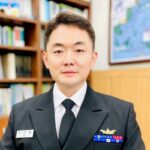
Table of Contents
ToggleJihoon Yu
Jihoon Yu is the director of external cooperation and associate research fellow at the Korea Institute for Defense Analyses. Jihoon was the member of Task Force for South Korea’s light aircraft carrier project and Jangbogo-III submarine project. He is the main author of the ROK Navy’s Navy Vision 2045. His area of expertise includes the ROK-U.S. alliance, the ROK-Europe security cooperation, inter-Korean relations, national security, maritime security, hybrid-threats, and strategic weapons systems. He earned his MA in National Security Affairs from the U.S. Naval Postgraduate School and Ph.D. in Political Science from Syracuse University.


